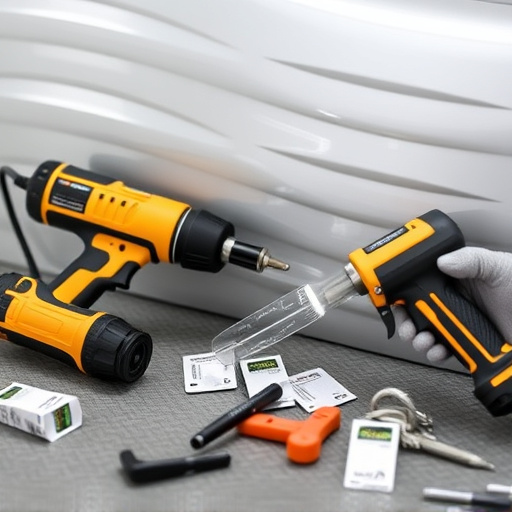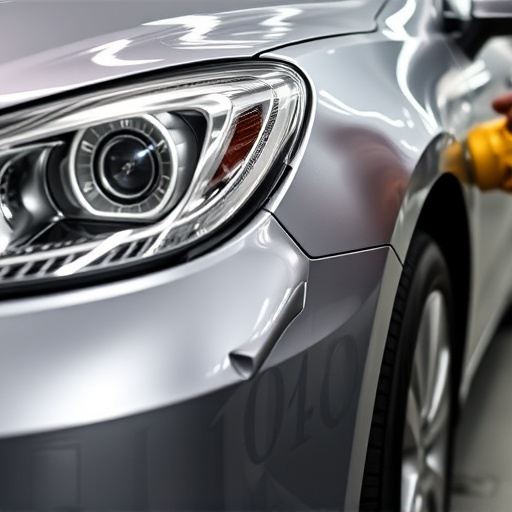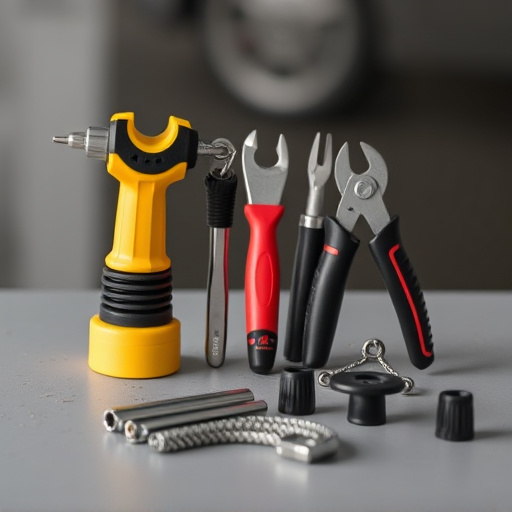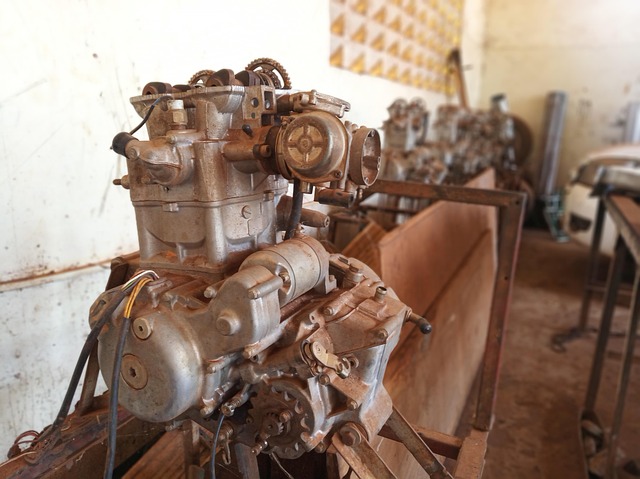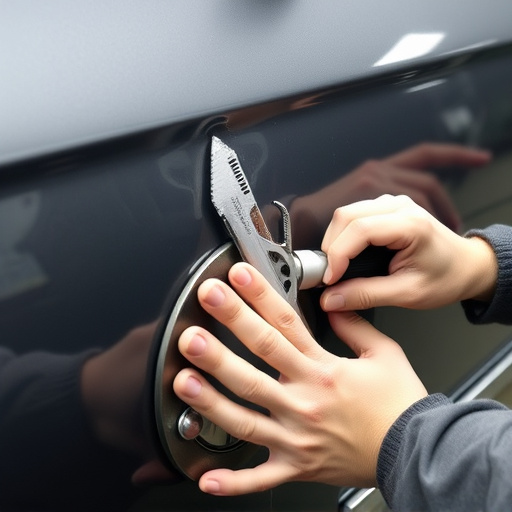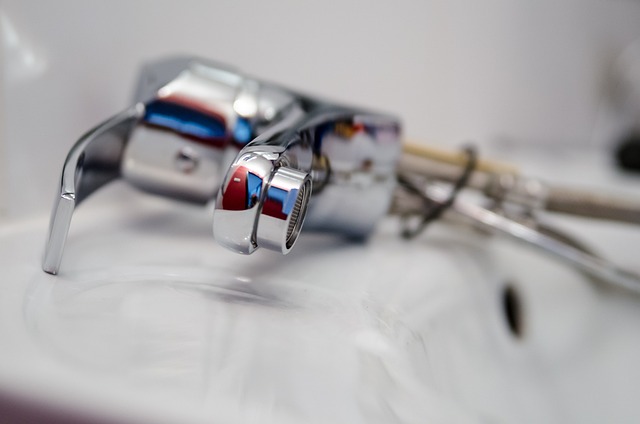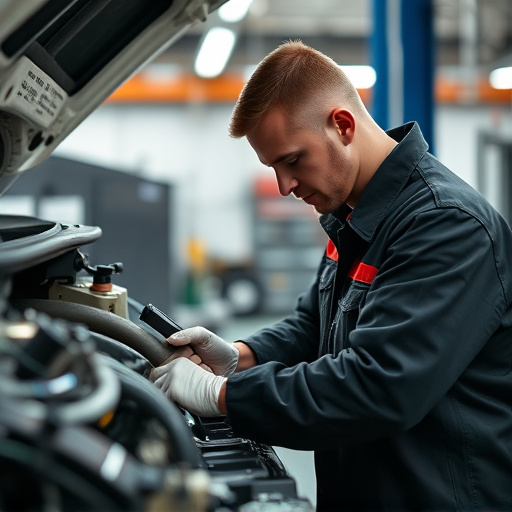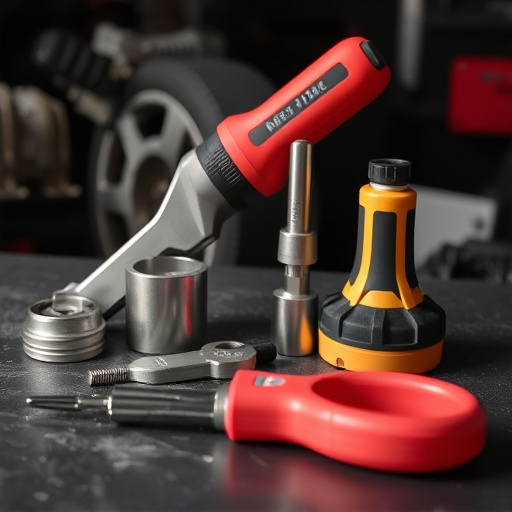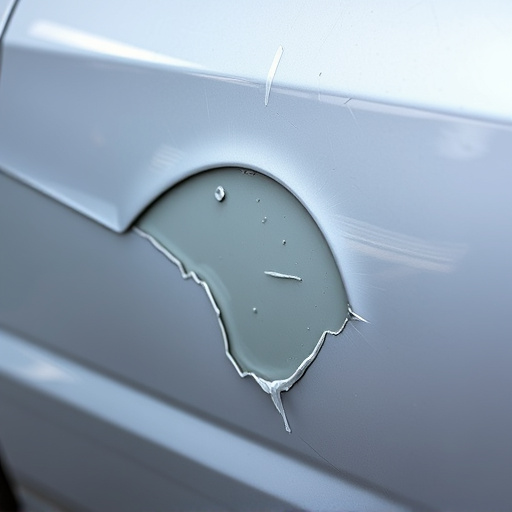Plastic welding technology revolutionizes automotive restoration and collision repair, providing precise, durable, and aesthetically pleasing solutions for diverse plastic damage, from minor dents to complex fender benders, ensuring structural integrity and longevity of modern vehicles with complex plastic exteriors. This technology is a key enabler for lightweight, high-performance materials in modern automotive design, contributing to enhanced fuel efficiency and safety features.
Plastic welding technology is transforming quality repairs across various industries. This advanced technique offers unparalleled precision, material strength, and aesthetic integrity for a wide range of plastics. By melting and fusing polymer chains together, plastic welding enhances repair accuracy and longevity, addressing the growing demand for durable, cost-effective solutions. This article explores the advantages, impact on repair quality, and future prospects of this indispensable technology.
- Advantages of Plastic Welding Technology in Repairs
- Enhancing Repair Quality: The Role of Plastic Welding
- Applications and Future Impact: Why It's Indispensable
Advantages of Plastic Welding Technology in Repairs
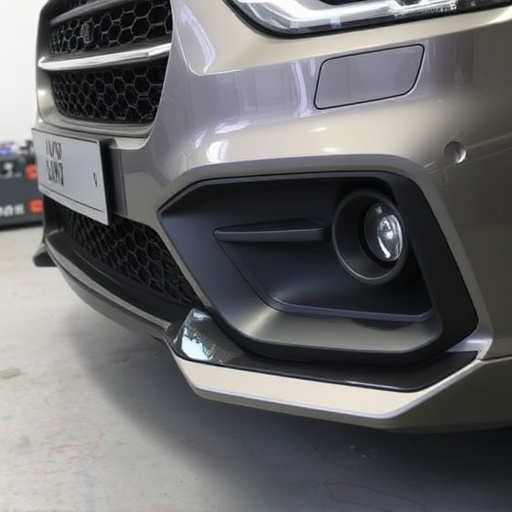
Plastic welding technology has revolutionized the field of automotive restoration and collision damage repair. One of its key advantages is the ability to seamlessly fuse various types of plastics, ensuring structural integrity and aesthetic appeal. This is particularly crucial in collision repair, where restoring vehicles to their pre-accident condition demands precision and effectiveness. With plastic welding, technicians can accurately mend cracks, holes, and breaks, often matching the original material’s properties and appearance.
Furthermore, this technology offers increased durability and longevity for repairs. The welds created are strong and resistant to degradation from elements like UV light and chemicals, which can weaken traditional adhesive bonds. This extended lifespan is beneficial for both repair shops and vehicle owners, ensuring that fixes remain effective over the long term. In automotive restoration projects, where every detail matters, plastic welding technology stands out as a game-changer, enabling professionals to deliver top-quality results.
Enhancing Repair Quality: The Role of Plastic Welding
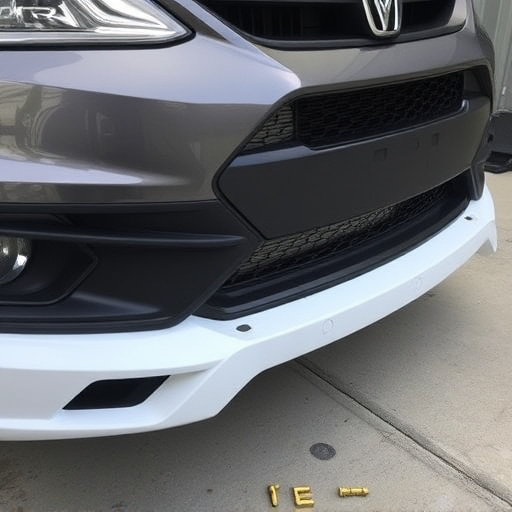
In the realm of auto body repairs, plastic welding technology stands as a game-changer. This advanced technique offers unparalleled precision and strength when addressing dents, scratches, or even complete fender bender repairs. Unlike traditional methods, plastic welding enables technicians to seamlessly fuse various plastic components together, resulting in repairs that are nearly indistinguishable from the original vehicle.
The enhancement of repair quality through plastic welding technology is profound. It ensures structural integrity, preserves the vehicle’s aesthetic appeal, and extends its lifespan. Moreover, this method is particularly valuable for modern vehicles with complex plastic exteriors, where traditional metal welding techniques may not be applicable. Thus, plastic welding has become an indispensable tool in the arsenal of professional auto body repair services.
Applications and Future Impact: Why It's Indispensable

Plastic welding technology has revolutionized various industries, including automotive repairs. Its applications are vast and growing, making it an indispensable tool for ensuring quality repairs across different materials. In the realm of auto repair near me, this technology facilitates precise restoration, from fixing minor car scratch repair to complex panel replacements. It offers a durable solution, enhancing the structural integrity and longevity of vehicles.
Looking ahead, plastic welding technology’s impact will only intensify. With its ability to work with diverse plastics, it caters to the ever-increasing use of lightweight and high-performance materials in modern automotive design. This innovation promises enhanced fuel efficiency and improved safety features, solidifying its position as a game-changer not just in auto repair but also in the broader landscape of sustainable transportation. For those seeking top-notch automotive repair, leveraging this technology ensures repairs that are both efficient and effective.
Plastic welding technology has proven to be an indispensable tool for achieving high-quality repairs across various industries. Its advantages, including precision, material strength, and versatility, significantly enhance repair outcomes. As demonstrated in diverse applications, this technology ensures longevity and durability, meeting the growing demand for efficient and reliable solutions. With continuous advancements, plastic welding is poised to shape the future of repairs, making it an essential consideration for any comprehensive maintenance program.

